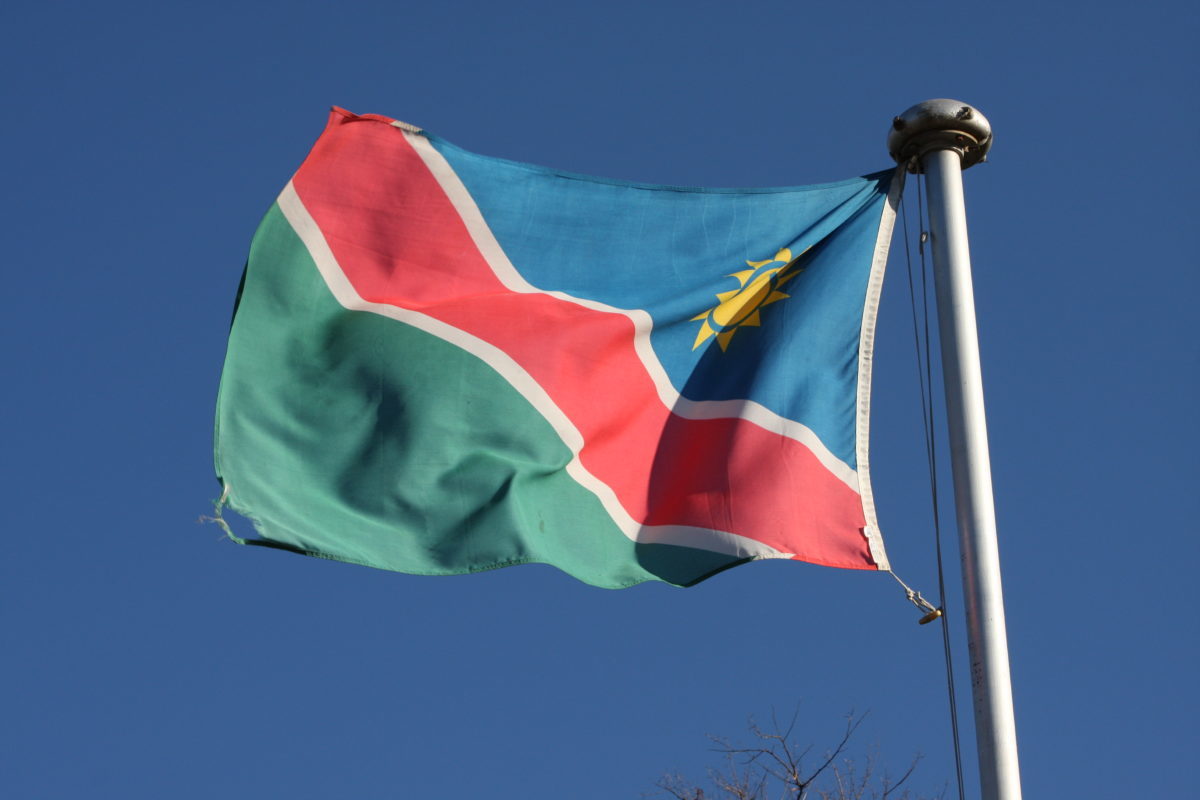TeraSun Energy has already begun development works on the 50 MW solar PV project, and construction will commence in Q1 2020. During the construction phase, 60 jobs will be created, and five more during the operation phase. The company will sign PPA’s with private off takers for terms ranging from five to 15 years, depending on the individual needs of customers.
When complete, the generated energy will be sold directly to large electricity consumers on the back of the new Modified Single Buyer (MSB) model regulatory framework introduced by the Namibian government in April 2019.
At the time, chief executive officer of the Electricity Control Board, Foibe Namene, explained that the main change to the current Single Buyer Model will allow electricity consumers and IPPs to transact with each other directly to secure their electricity supplies. “We believe that the recent cabinet approval of the Modified Single Buyer Market Model (MSB) for the industry will attract more independent power producers (IPPs) and promote investment,” said Namene.
The decentralised approach aims to reduce energy costs and reduce the reliance on energy imports. The country imports around 70% of its power from South Africa, Zimbabwe and Botswana; while mine operators are the biggest users of power in Namibia.
Overall, the bulk of Namibia’s own power generation comes from hydro sources, with 60% of generated power coming from the 332 MW Ruacana run-of-river station.
Last month, Alten Energías Renovables and their partners switched on a 45.45 MW solar plant in Namibia.

This text first appeared on Green Building Africa
This content is protected by copyright and may not be reused. If you want to cooperate with us and would like to reuse some of our content, please contact: editors@pv-magazine.com.



By submitting this form you agree to pv magazine using your data for the purposes of publishing your comment.
Your personal data will only be disclosed or otherwise transmitted to third parties for the purposes of spam filtering or if this is necessary for technical maintenance of the website. Any other transfer to third parties will not take place unless this is justified on the basis of applicable data protection regulations or if pv magazine is legally obliged to do so.
You may revoke this consent at any time with effect for the future, in which case your personal data will be deleted immediately. Otherwise, your data will be deleted if pv magazine has processed your request or the purpose of data storage is fulfilled.
Further information on data privacy can be found in our Data Protection Policy.